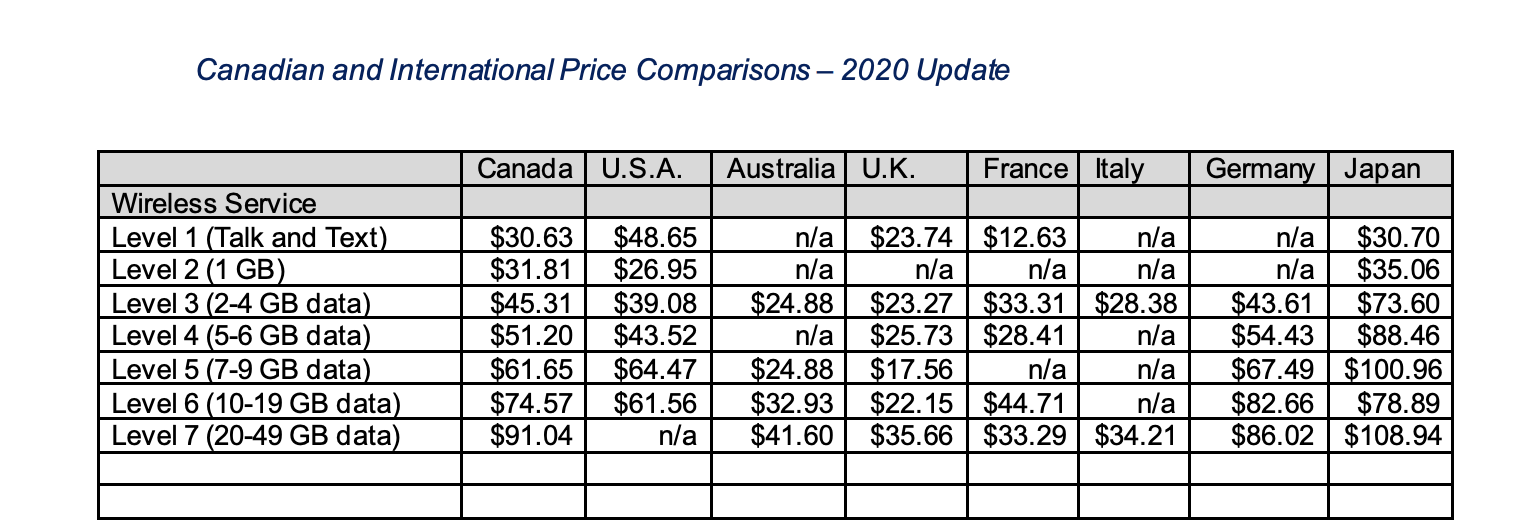As of July 13th, Public Mobile will be moving to 100-percent online-only and will no longer have retail locations, according to tip from a MobileSyrup reader.
Additionally, as of May 3rd, Koodo Prepaid will be available alongside Public Mobile, which means the two brands will overlap for a time until July 13th.
According to the information given to us by a reader, Koodo Prepaid will now be the “value brand of choice.”
Koodo Prepaid will include:
- Call centre support
- 3G and 4G speed plans
- Koodo prepaid account management tool, which will allow sales reps to support customers with account management-related transactions. These include rate plan changes, booster purchases and SIM swaps.
Koodo Prepaid will also need no credit checks, no contracts and no overage charges, referral bonuses, chatbots and a self-care section on the website.
Public Mobile isn’t the only online-only carrier. Videotron’s Fizz Mobile moved to online-only back in 2020.
We’ve reached out to Koodo/Public Mobile for further information and will update this story.
Thanks reader








